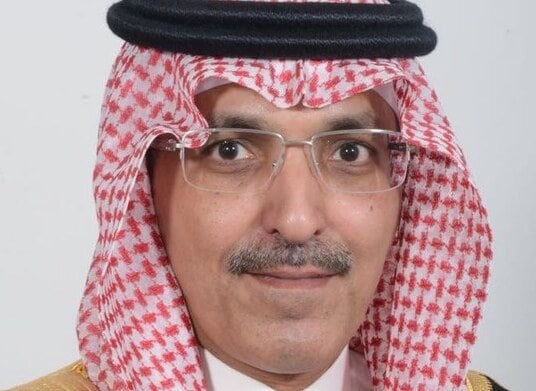The delegation of the Kingdom of Saudi Arabia at the IMF-World Bank 2023 Spring Meetings is led by the Saudi Finance Minister.
The IMF-World Bank 2023 Spring Meetings are underway, and the Kingdom of Saudi Arabia has sent a high-level delegation to participate in the event. Led by the Saudi Finance Minister, the delegation will discuss a range of issues related to the global economy and finance.
The IMF–World Bank Spring Meetings are held annually and bring together central bankers, finance ministers, and other officials from around the world to discuss global economic and financial issues. The meetings provide a platform for policymakers to exchange ideas, share experiences, and coordinate policies to address common challenges.
This year’s Spring Meetings are being held virtually due to the ongoing COVID-19 pandemic, but the format has not dampened the importance of the event. The global economy continues to face significant challenges, and policymakers are grappling with how best to support the recovery while addressing long-standing issues such as income inequality, climate change, and debt sustainability.
The Kingdom of Saudi Arabia has long been a key player in the global economy and has played an important role in shaping global economic policies. The country’s economy is the largest in the Middle East and North Africa region and is heavily reliant on oil exports. However, in recent years, the Saudi government has been working to diversify the country’s economy and reduce its dependence on oil revenues.
The Saudi delegation to the IMF-World Bank Spring Meetings is led by the Finance Minister, who is expected to participate in several high-level meetings and events during the course of the event. The Finance Minister will also have the opportunity to meet with his counterparts from other countries to discuss issues of mutual interest.
One of the key issues that the Saudi delegation is expected to focus on is the global economic recovery from the COVID-19 pandemic. The pandemic has had a significant impact on the global economy, with many countries experiencing recession and rising unemployment rates. The Saudi government has taken a range of measures to support the economy during the pandemic, including stimulus packages and monetary policy measures.
The Saudi delegation is also expected to discuss the country’s economic priorities and policies. The Saudi Finance Minister has been pursuing a range of economic reforms in recent years, as part of its Vision 2030 plan. The plan seeks to diversify the country’s economy, attract foreign investment, and create jobs for Saudi nationals.
Another issue that the Saudi Finance Minister is expected to address is climate change. The Saudi government has made commitments to reduce the country’s carbon emissions and increase its use of renewable energy sources. The country has set a target of generating 50% of its electricity from renewable sources by 2030.
In addition to these issues, the Saudi delegation is also expected to discuss debt sustainability, financial inclusion, and other issues related to the global economy and finance.
The Saudi Finance Minister’s participation in the IMF-World Bank Spring Meetings underscores the country’s commitment to playing an active role in the global economy and shaping global economic policies. The Kingdom of Saudi Arabia has been a member of the IMF and the World Bank since their inception and has played an important role in supporting these institutions’ work.
The Saudi government has also been actively involved in supporting economic development in other countries. The country’s development assistance program, known as the Saudi Fund for Development, provides loans and grants to developing countries to support economic growth and development.
Overall, the Saudi delegation’s participation in the IMF-World Bank Spring Meetings is a reflection of the country’s commitment to playing a leading role in the global economy and finance. The meetings provide an opportunity for policymakers to exchange ideas, share experiences, and coordinate policies to address common challenges. With the COVID-19 pandemic continuing to pose significant challenges to the global economy, the need for international cooperation and coordination has never been greater.





